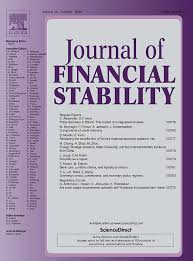
Banks and Sovereign Risk: A Granular View
We identify the determinants of all German banks’ sovereign debt exposures between 2005 and 2013 and test for the implications of these exposures for bank risk. Larger, more capital market affine, and less capitalised banks hold more sovereign bonds. Around 15% of all German banks never hold sovereign bonds during the sample period. The sensitivity of sovereign bond holdings by banks to eurozone membership and inflation increased significantly since the collapse of Lehman Brothers. Since the outbreak of the sovereign debt crisis, banks prefer sovereigns with lower debt ratios and lower bond yields. Finally, we find that riskiness of government bond holdings affects bank risk only since 2010. This confirms the existence of a nexus between government debt and bank risk.





